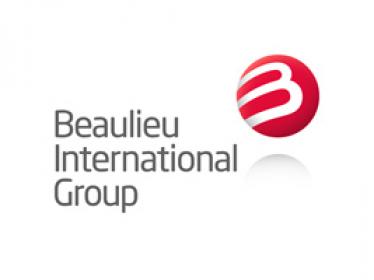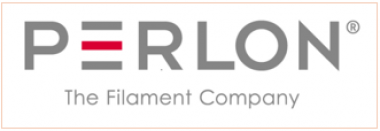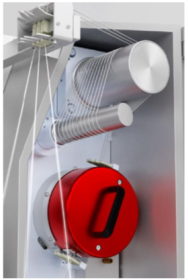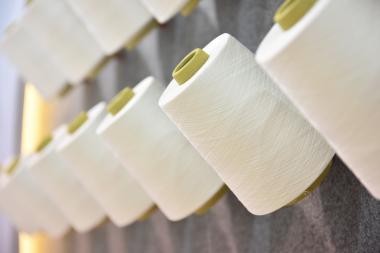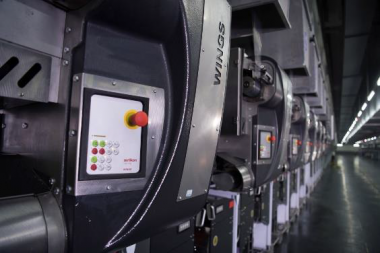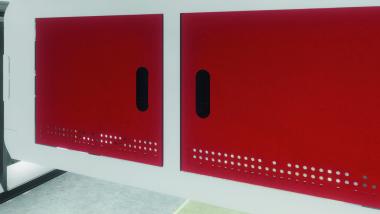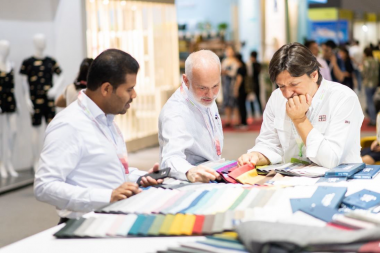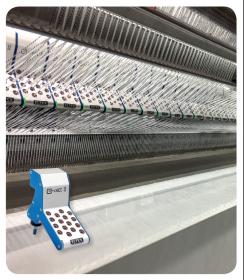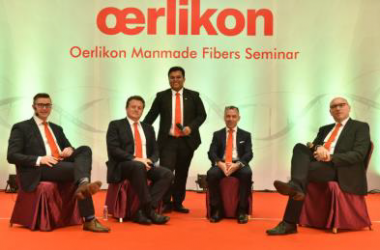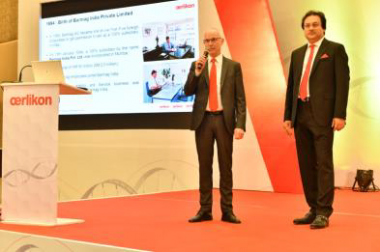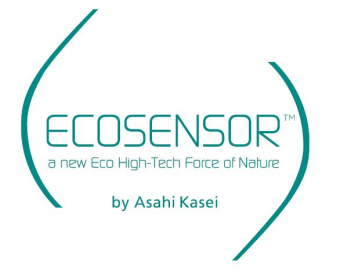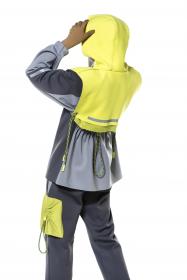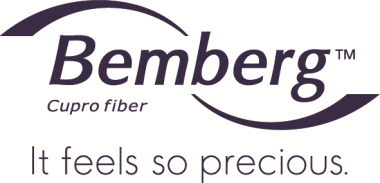Tessutica produces furniture upholstery from recycled marine waste
Beaulieu International Group (B.I.G.)’s Tessutica business is proud to announce a new product line in upholstery. Greencare fabrics are created from pellets that come from marine plastic waste. The fabrics themselves can then be 100% recycled into pellets again.
The new Greencare collection is made with 100% recycled and recyclable upholstery fabrics and is certified with the the Global Recycle Standard (GRS) label. The company used recycled yarns from regular post-consumer PET bottles from the oceans, landfills and upcycled cotton from garments.
For this, Tessutica partnered with the Seaqual project, which brings plastic waste back into the manufacturing chain. Through the recycling process there is no usage of new petroleum which decresases the CO₂ emissions significantly compared to the use of virgin polyester.
With growing demands for sustainability within the business world as well as from end-consumers, Tessutica felt it was the right choice to offer a product line that comes with a full guarantee of environmental consciousness.





